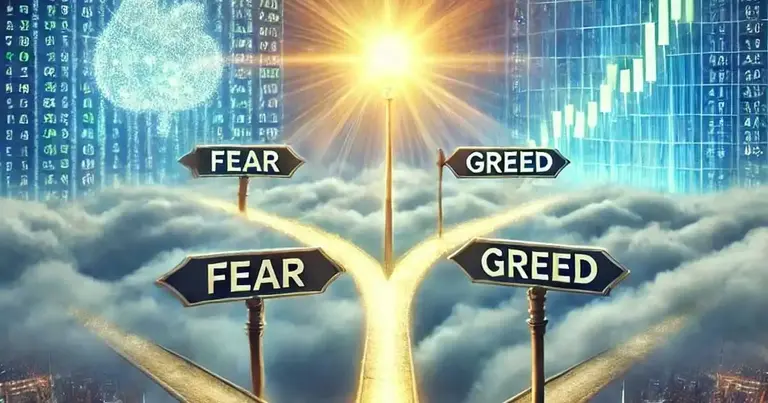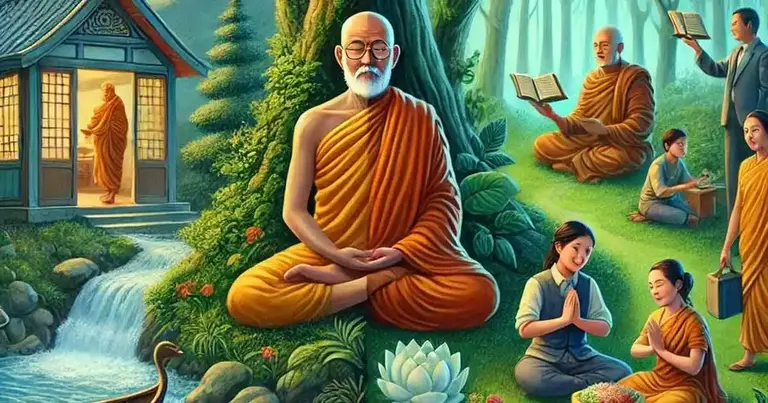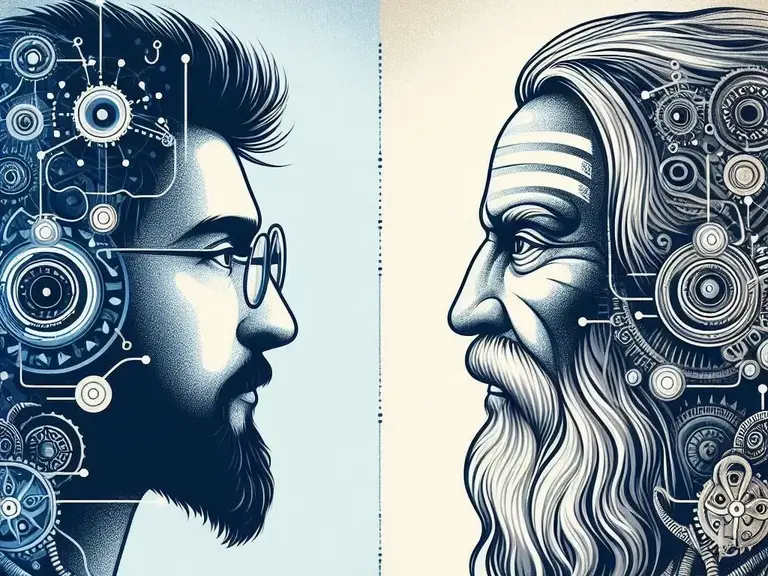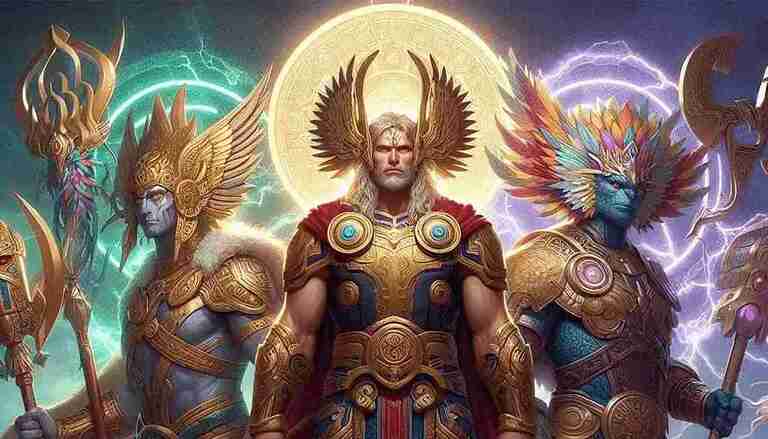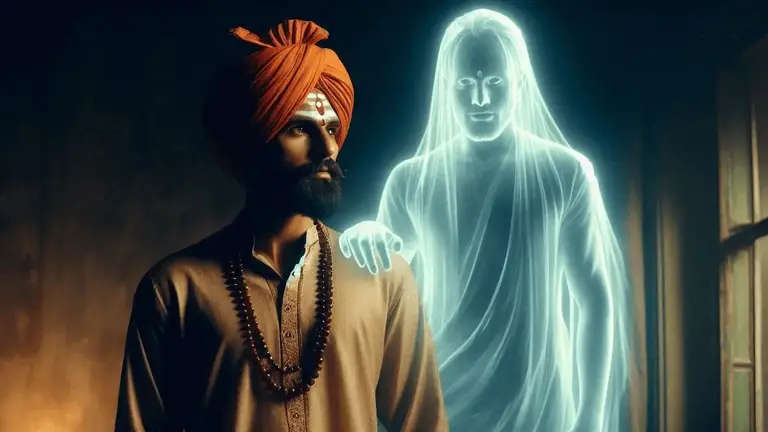Is God Really the Creator? A Spiritual Perspective on Consciousness and the Universe
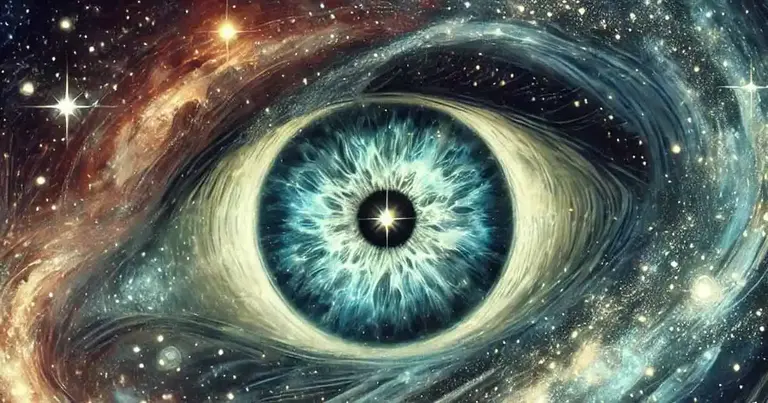
Is God truly the creator, or is consciousness the real source of existence? While religions claim a divine creator and scientists argue the universe has always existed, Vedic philosophy offers a different perspective. It suggests that nature and consciousness are interconnected, with consciousness being both the creator and the creation. Could this explain evolution, adaptation, and the very fabric of existence? This article explores an alternative spiritual take on the universe’s origins.


